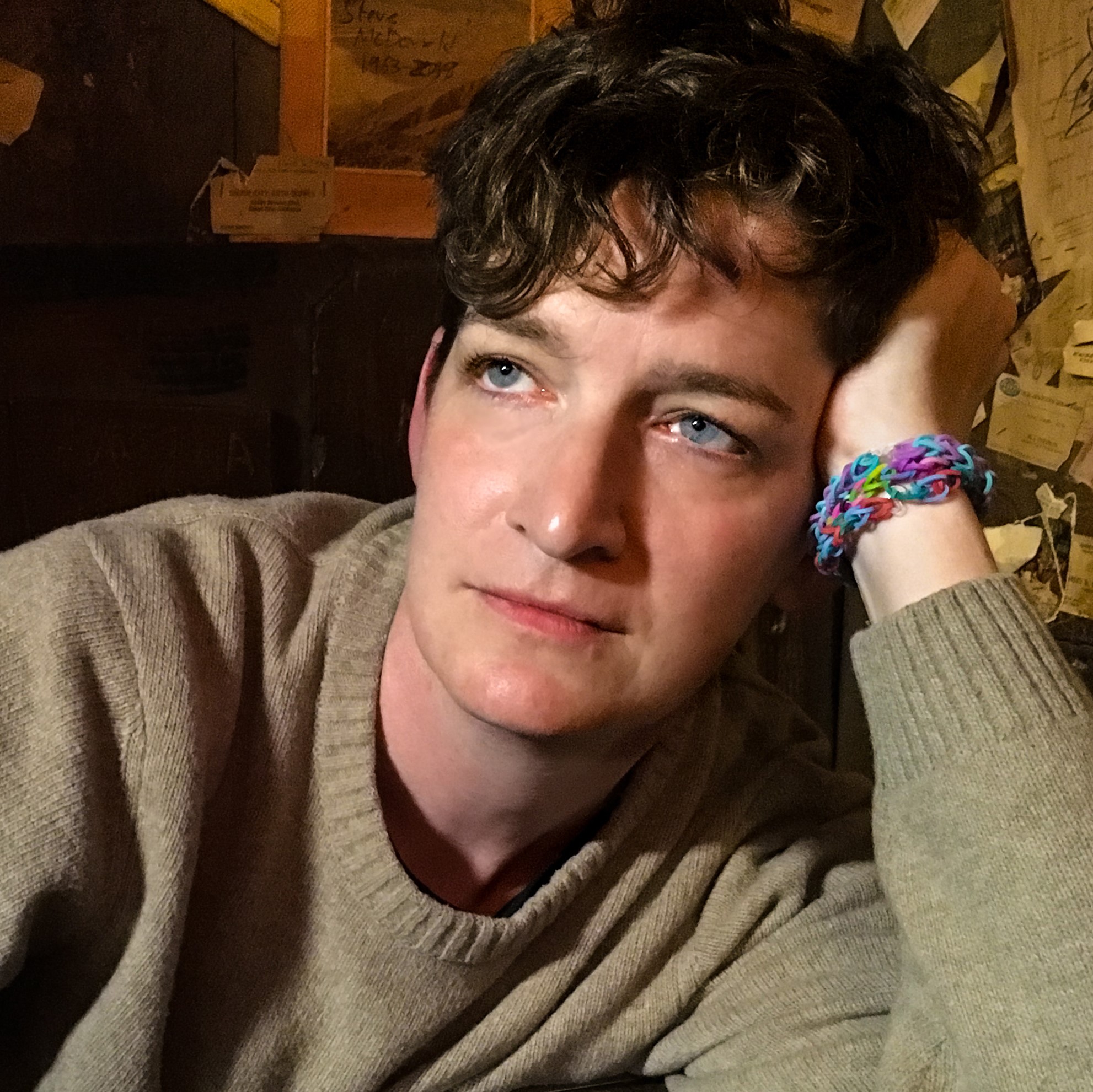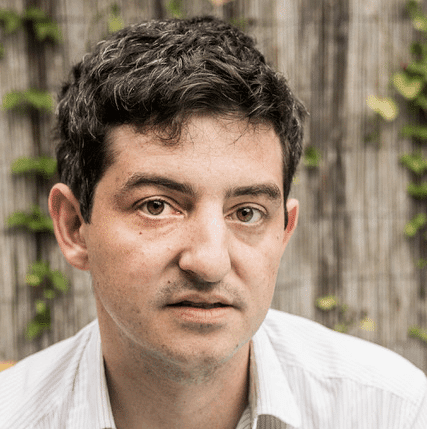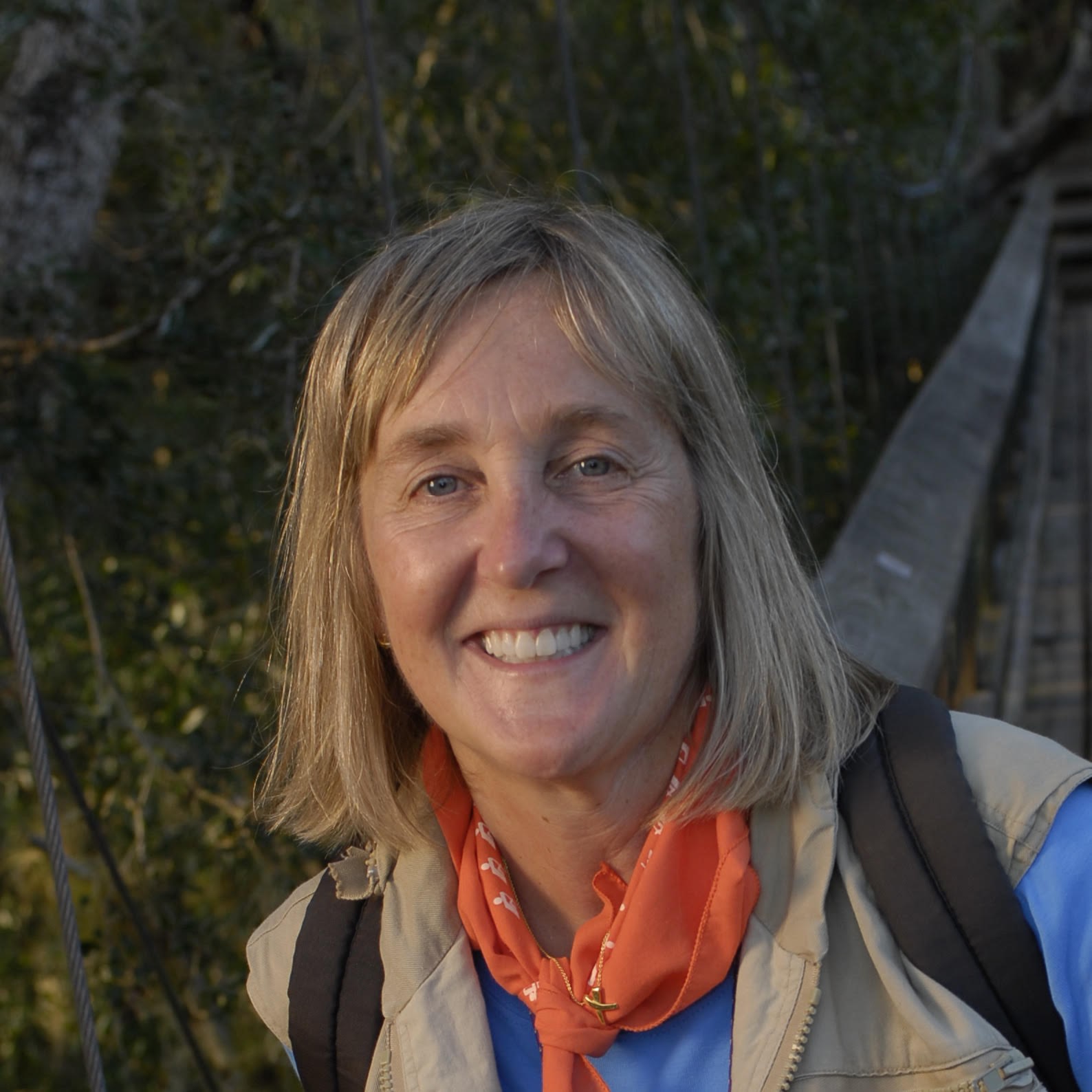
Kate Greene
Kate Greene
Kate Greene is the author of the hybrid memoir ONCE UPON A TIME I LIVED ON MARS (St. Martin’s 2020), selected as a best book by New Scientist and Science News and co-author of REALITY MINING (MIT Press 2014), winner of a PROSE award. Her journalism, essays, and reviews have appeared most recently in Alta Journal, Harper’s Bazaar, the Guardian, New York Times Book Review, and Slate, and her work has been featured on NPR and the BBC among others. Her poems have been published in Can We Have Our Ball Back?, Cobra Milk, Harvard Review, Hot Pink Mag, Recliner, TQR, and elsewhere.
With advanced degrees in physics and creative writing, she’s taught at the Tennessee Prison for Women and The Door, a youth agency in New York, at San Francisco State University, Vanderbilt University, and Columbia University as a poetry teaching fellow and graduate nonfiction adjunct faculty.
From 2018-2019, Kate Greene was the poetry editor of the Columbia Journal. In 2018, she was a poet-in-residence at the 88-inch cyclotron at Lawrence Berkeley National Lab. In 2019, she was the poet-in-residence at the Max Planck Institute for the Science of Human History in Jena, Germany. In 2021 she anonymously founded a queer chapbook press and residency, unnamed here because it’s a secret. In 2023, she was a writing fellow at the Santa Fe Institute in New Mexico. Kate Greene was born and raised in Kansas and currently lives and swims in New York City.
What a NASA-Funded Simulated Mars Missions Tells Us About Life on Earth
Participating in a four-month simulated Mars mission changed Kate’s perspectives on a range of issues from boredom and isolation to our relationships to time, space, and money, family, love, the human body, science, and climate change, topics that appear in her essay collection Once Upon a Time I Lived on Mars.
My Experience as a Woman in STEM
As a former laser physicist, who recently had a homecoming at her alma mater through a Women in Physics conference, Kate can speak to her experience as a woman in a hard science discipline, what she has seen change over the years, what’s stayed the same, and her analysis for why a culture shift in physics, while uncomfortable and disruptive for many, could be exactly what this very 20th century field needs to advance in the 21st century.
Queering Space Exploration
There’s nothing normal about life in space—it asks us to rethink almost everything about being human. Queer and gender-nonconforming people around the world and throughout time know a thing or two about what is “normal” and what isn’t and think often about what it is to be human in a hostile environment. How might queer perspectives—perspectives from people used to thinking differently about humanity, community, and problem solving—inform the future of space exploration for the better? This talk looks at ancient cosmologies from a variety of civilizations as well as the past and present of gender-nonconforming people and contrasts both with our current moment in space. How are we limiting space exploration by shackling it to capitalistic or scientific motivations only? What innovation and cultural conversations might queer perspectives on space exploration allow? What other paths might be possible?
The Science Memoir
The personal is political, and even more so when it’s paired with science, a field that often purports to be apolitical and purely objective. In this talk, Kate discusses the challenges and thrills of combining deep research and explanatory science writing with my personal story as a queer woman in science and how it’s possible to tie it all together to illustrate larger truths about the world we live in now.
Notes on Artificial Intelligence, Queer Identity, and Algorithms of the Self
This talk is very much in progress and tracks with Kate’s current book project that looks at the emergence and evolution of the queer identity and how “queer failure” as described by theorist Jack Halberstam can be likened to the failures of artificial intelligence—the ways in which both failures can shine a light on the status quo and reveal hidden truths in dominant culture and in human perception more generally.
For the New York Times, Kate Greene discusses “Can Humans Endure the Psychological Torment of Mars?”
The Economist podcast interviewed Kate Greene on self-isolation.
Hear Kate Greene on Swissnex podcast.
Listen to Kate Greene talk about her experience in a NASA Mars simulation on The Gist podcast.
Learn about Kate Greene’s thoughts on living in quarantine in this Harper’s Bazaar article.
Follow Kate on Instagram and Twitter. Check out Kate Greene’s website.
“Kate was invited to speak at the Royal Institution as part of our series of livestreamed events. Kate was an excellent speaker, extremely easy to converse with and great at answering our audience’s questions at the end. She combined her knowledge of her mission, and historical work that linked to it, with intriguing personal stories and narrative.”
— Lisa Derry, Event Producer and Program Developer, The Royal Institution“Kate Greene is a terrific storyteller who understands that insight might be found in unexpected places. At home with both scientists and poets, she’s a skilled and agile speaker interested in connections and possibilities. We’re fascinated by her work and her ways of thinking and have appreciated the chance for lively intellectual conversations about what it means to be human.”
— Anna Leahy, Director of MFA in Creative WritingBook This Speaker
xOther Speakers
Best-Selling and Award-Winning Novelist and Essayist
Author, Explorer, Scientist, Arbornaut



